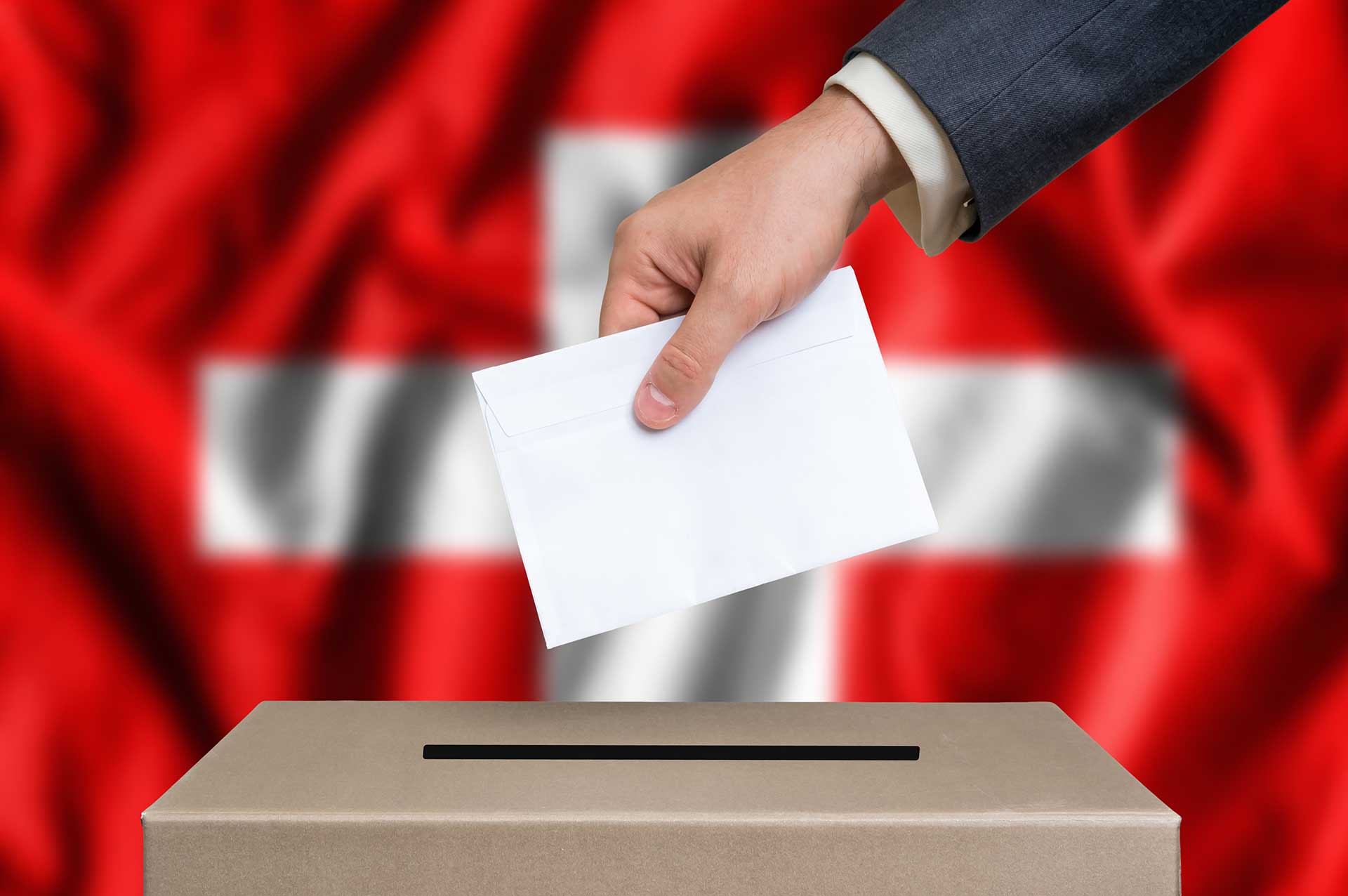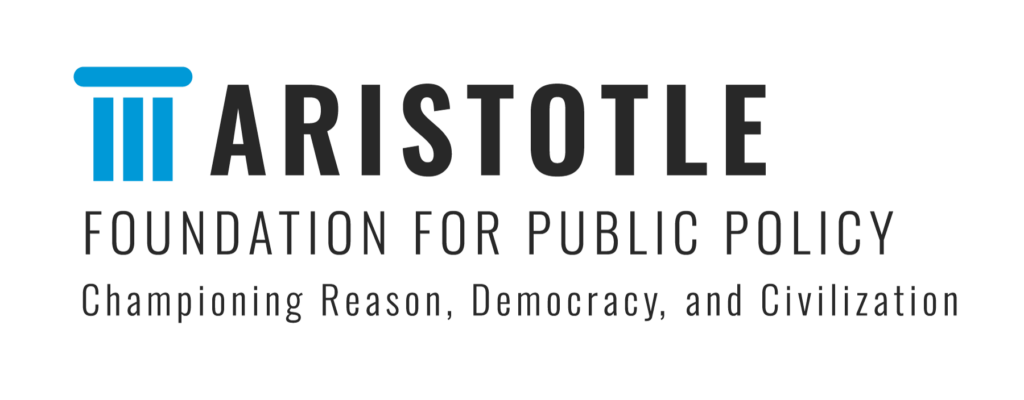
By Mark Milke, The Western Standard, February 22, 2022
To understand why a vast gulf exists between Canada’s chattering classes—many politicians, some journalists, and a plethora of academics—and citizens on multiple issues, including most recently the self-described Freedom Convoy, it has much to do with the lack of a regular “feedback mechanism” that exists in other countries: direct democracy, otherwise known as referendums on laws and the ability to recall a politician.
First, on the convoy itself. One can sympathize with the truckers’ frustrations on the Covid lockdown and mandates over the last two years without endorsing every action or sentiments that emanated from the same. Convoy protesters had no more right to tie up commerce at borders and demand Prime Minister Justin Trudeau resign as a condition of ending their blockades than do anti-oil and gas activists have an imagined right to shut down pipeline construction and dictate environmental and energy policy via a bullhorn.
That noted—and Trudeau’s use of the Emergencies Act and freezing bank accounts is his own vast over-reach—Canada lacks the more practical ability to channel frustrations from citizens to governments. Elections are not sufficient on policy feedback because they are rarely about policy. Also, the federal government and most provinces have practically outlawed non-politician and non-political party voices during elections with restrictions on what such so-called third parties can spend, which is a fraction of political parties. That shuts down an opportunity for citizens’ voices to be heard.
Referendums and recall allow for regular feedback
Consider two direct democracy examples, one from liberal San Franciscans and one from the conservative Swiss.
Back last summer, enough San Franciscans decided that they’d had enough with three “woke” schoolboard trustees and started a recall campaign. The issues in play included how the trustees kept 50,000 children out of school for 18 months during Covid. But what really touched off the recall campaign was the trustees’ notion that San Francisco school were a hotbed of “systemic racism,” along with a proposal to rename all schools in the district currently named after George Washington. Thomas Jefferson, Abraham Lincoln and even the liberal Democratic Senator, Diane Feinstein.
Liberal San Franciscans and conservative Swiss in democratic action
That recall election just finished up last Tuesday with 70% of voters—in liberal San Francisco—voting to recall the trustees. That’s one example of an obvious direct feedback loop to politicians, i.e., between elections and where extreme policy positions can be challenged and defeated along with the politicians who propose them.
Another example of useful direct democracy comes from Switzerland. There, last June, Swiss voters rejected a government plan to impose a carbon tax, though the vote was close, with almost 52% reject the tax and just over 48% in favour.
A recall of trustees who wanted to rename schools and the Swiss rejection of a carbon tax appeal to conservative-minded voters (and liberal ones who disdain cancel culture). But examples exist for self-described progressives and other liberals. They include how voters in Nebraska once voted to raise taxes; a 1994 referendum in Oregon which made that state the first to legalize assisted suicide; and how Californians voted in 2016 to ban plastic bags.
Marijuana is a popular referendum issue
Perhaps the most famous example of liberal, left-wing and libertarian voters joining forces via referenda to change laws and policies has occurred in the multiple American states that legalized marijuana. The legalization issue was first placed on the ballot in 1972 in California. Two-thirds of voters said “no” but in 1996, over 55% endorsed Proposition 215, the Medical Marijuana Initiative. Full legalization for recreational use was again turned down by California voters in 2010 but approved in 2016.
Meanwhile, voters in dozens of other states have voted on marijuana/cannabis-related ballot initiatives over the past three decades and 20 states have a referendum on a cannabis-related issue scheduled for this year alone. More broadly, 26 American states have referendum legislation on the books which is what allows for direct public input on that and multiple other issues from taxes to the death penalty.
Succeed or fail, all referendums create an important incentive: Citizens have a reason to think more deeply about policy and laws precisely because their vote can directly impact government policy. Absent that, why would most people take the time to study up on a tax proposal?
Such back-and-forth between citizens and governments is rare in Canada. British Columbia has referendum and recall legislation, passed in 1996 after most voters endorsed the two concepts in the 1991 election. One Liberal MLA, Paul Reitsma, was almost recalled in 1999 when 25,000 voters signed a petition to start an official recall election, this after Reitsma wrote phoney letters to a newspaper praising himself under fake names. Reitsma resigned before a recall election could be held but the threat of recall made the MLA more accountable to voters than he otherwise would be.
Alberta has passed recall and referendum legislation but it is awaiting proclamation (I helped write this plank into the 2019 United Conservative Party election platform). One assumes premier Jason Kenney’s government will proclaim it before the next election though as with most politicians, the government is likely delaying implementation lest it be used against them.
Referendum votes make for an informed citizenry: The Charlottetown Accord example
The proof that direct democracy is a useful educative tool was also obvious the last time a federal referendum occurred, in 1992, when Canadians voted on the Charlottetown Accord (a set of proposed amendments to the constitution).
The referendum was advisory and a majority of voters in a majority of provinces voted it down. Nonetheless, what was almost more important than the outcome (which I favoured) was the process: I remember debating with friends whether the distinct society for Quebec clause was a good idea or not. I was a political science student at the time but plenty of other people with little interest in policy, politics or constitutional matters also read up and discussed such matters.
Back to the Freedom Convoy. I share the truckers’ general preference for freedom but disagree on some specifics. But whether on this protest or others, I am never surprised when activists and protesters of any stripe feel frustrated: All of them lack a practical way to be heard and to impact government policy.
Referendums are no guarantee that good ideas will always be converted into public policy and poor ones left orphaned. The reverse could happen just as easily. But that is just as true of politicians and the policies and laws they enact.
Properly designed, the benefits of referendums in particular are that they allow for actual citizen votes on matters that enough Canadians care about. Win or lose, they promote a two-way dialogue on policy instead of just one-way lectures from the chattering classes to truckers and everyone else.
Mark Milke is the president of The Aristotle Foundation for Public Policy. His newest book is The Victim Cult: How the grievance culture hurts everyone and wrecks civilizations.
Like our work? Think more Canadians should see the facts? Please consider making a donation to the Aristotle Foundation.

The logo and text are signs that each alone and in combination are being used as unregistered trademarks owned by the Aristotle Foundation. All rights reserved.
The Aristotle Foundation for Public Policy is a registered Canadian charity. Our charitable number is: 78832 1107 RR0001.
SUBSCRIBE TO OUR NEWSLETTER